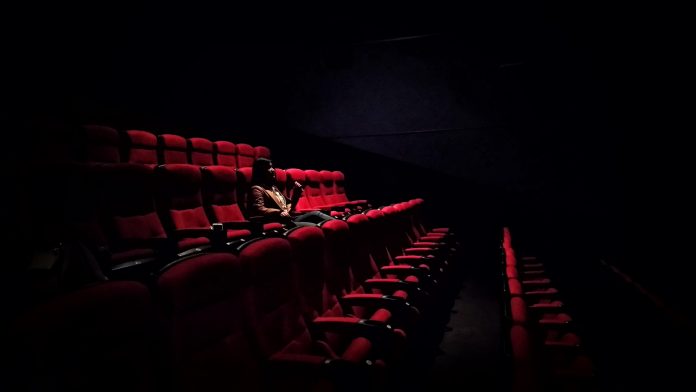
If you know me well, you probably know that I’m a complete sucker for love and romcoms. If you don’t know me well, you might be surprised to hear my confession of love to a ridiculous film genre. But whether or not you know me, I’m sure you might have been expecting a film review on the Netflix Original hit “To All the Boys I’ve Loved Before.”
And now you might be wondering why I’m doing this review now? Well, I really wanted to think about this film, why it’s valuable to watch, and what we can all learn from Laura Jean and her sisters, and what we can learn from some of the problems within the film.
“To All the Boys I’ve Loved Before” takes the audience on a journey with a shy teen, Laura Jean (Lana Condor). Laura Jean loves romance and desperately longs for a fairytale kiss in the middle of a field somewhere. She also loves her older sister Margot’s boyfriend, Josh, who is also her good friend. But she never acts upon her feelings.
Rather, Laura Jean writes passionate love letters to all the boys she’s ever cared about and keeps them hidden in her room, until one day the letters are sent out to all the boys. One of the popular boys in her school, Peter (Noah Centineo) confronts Laura Jean about the letters. The pair devises a plan to make the other people they’re interested in jealous by pretending to date each other.
This movie is one of the few rom coms that actually centers an Asian-American woman in its lead role, which is good. We need more films that center women of color. The book that this film is based on describes Laura Jean and her sisters as half Korean and half white, whereas the film doesn’t really focus in on this topic. And while it is good to have this type of representation, the three sisters are not even the same Asian ethnicity among themselves. Having them all play as Korean characters reinforces the stereotype that all Asian people look the same. Additionally, the film falls short on its representation of men. All of Laura Jean’s love interests are white, with the exception of one black character; who then is outed as gay, making him more of a token character. While this film does present the audience with a healthy interracial relationship, it does a disservice to men of color who are largely excluded from the narrative entirely.
While this film does a disservice to people of color, it has some positive representations of women. We see much more depth in the women characters.The story also focuses on Laura Jean’s relationship with her sisters, her father, and her deceased mother. The audience gets to see the sisters joke, help, and mess with each other. They also see an overly concerned father who has no clue how to really help his young daughter when she’s dating someone, and Laura Jean grappling with the loss of someone she loves deeply. But what’s more, is Laura Jean is on a journey to learn about how to open up.
When she goes on pretend dates with Peter, the pair spends time talking about their lives and sharing things about themselves. Laura Jean branches out and begins to enjoy her life a bit more. That’s not to say she stops watching movies on Friday night or hanging out with her younger sister, Kitty, or that she transforms into someone she’s not. Rather, she just starts to do more.
And while this movie centers around which person Laura Jean should be with, there’s also a huge part that is just about her as an individual. We’d do a disservice to her and all the other incredible leads in a lot of the romcoms and romance films (like “Call Me By Your Name,” “Adventureland,” “P.S. I Love You,” “10 Things I Hate About You,” “Brokeback Mountain,” “Clueless,” “When Harry Met Sally,” “My Big Fat Greek Wedding,” “The Princess Bride,” and I could go on I promise) that I love, if we ignored that. When we ignore personal growth within the romance genre, whether we are the ones writing or watching, we lose something in the narrative. We forget some of the best personal growth that comes from loving other people. Laura Jean reminds us that oftentimes journeys to loving other people can bring out the best and newest parts of ourselves, and teach us how to feel complete.
